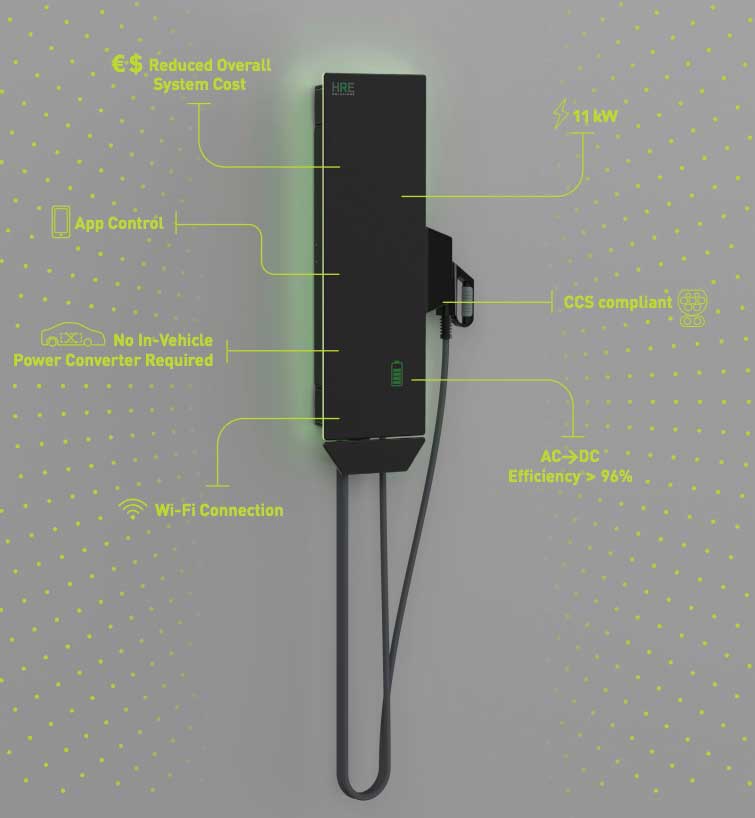Rectifier unveils high-speed electric car charger; shares accelerate 43pc

Pic: Thinkhubstudio / iStock / Getty Images Plus via Getty Images
Battery maker Rectifier Technologies has unveiled a high-speed home charger for electric vehicles (EV), designed to eliminate the need for on-board chargers and expensive AC chargers.
Rectifier (ASX:RFT) shares have climbed 43 per cent since the company’s announcement of the first generation of its EV DC Home Charger 11kW last week.
Shares were trading at 2.3c in Monday lunchtime trade, up from 1.6c before the announcement.
The technology, which will be be demonstrated for the first time in Stuttgart, Germany this week, is designed for Combined Charging System (CCS) compliant electric vehicles, the most common charging port among European and US car makers.
Some 80 per cent of those cars are expected to be charged at home, driving demand for home charger solutions.
Most electric charging stations require an on-board charger to convert AC power from a wall socket to the DC power that charges the car battery.
Rectifer says its technology removes the need those onboard chargers for it entirely.

“The EV DC Home Charger is an innovation introduced to reduce power electronics in EVs, freeing up [space] and to provide a lower cost and efficient charging option to the market,” RFT director Nicholas Yeoh said.
Most chargers on the market range between 2.5 and 7 kilowatts (kW) but the new charger boasts up to 11kW, charging an average EV in just three hours.
The hardware is controlled by an app and connected by Wi-Fi for convenient use.
“Our goal is to accelerate the EV revolution by helping our customers bring standards-compliant products to market more quickly and at lower cost. The EV DC Home Charger is a great example of this,” IoTecha chief executive Oleg Logvinov said.
Rectified reported a $428,000 profit last financial year, down from $1.7 million the year previous.
The company targets emerging markets for their battery technology and made $6.9 million in sales last year and had $2.6 million left in the kitty.
The company has been contacted for comment.
UNLOCK INSIGHTS
Discover the untold stories of emerging ASX stocks.
Daily news and expert analysis, it's free to subscribe.
By proceeding, you confirm you understand that we handle personal information in accordance with our Privacy Policy.








